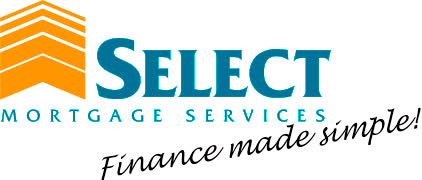Business Banking: How the Bank Calculates A Risk
Banks don’t succeed by making bad business deals – so your prospective business loan application will undergo intense scrutiny before being granted.
The bank calculates your financial risk by determining whether you’ll be able to repay your commercial loan and its interest. This is not dissimilar to taking out a normal home loan. However, due to the high risk associated with starting a business, the bank will be looking for evidence that you won’t fail to repay the principal loan amount.
When assessing the financial risk of your loan, the banks will assess you first – the owner. Do you have a realistic and clear business plan? Do you understand the industry you’re in? What is your experience and skill set, and do you understand the competition you’re up against? They’ll review your personal credit history and any existing debt.
The banks will consider your security, industry, and cash flow
What are you offering as security against your loan? This might be a family home or other assets, like stocks or shares.
Some industries are riskier than others due to economic climate, profitability and competition. If you work in a seasonal industry, they’ll want to know how you’ll manage repayments in the offseason.
Low cash flow is a common reason why businesses may be unable to repay debt, so the bank will want to see evidence of the revenue you have coming in. They’ll also want to know if you can pay wages, keep the business up and running and make repayments on time.
High-risk cases don’t automatically get rejected
If you demonstrate to the bank that you understand the risks and how to manage them, you have a better chance of being approved. You can do this by providing a risk management plan that documents and plans steps to manage and reduce your businesses specific risks.
You will need to regularly review and act on your plan – not just for the bank, but the purpose of good business practice.
Preparing your loan application
• Provide all necessary documentation that the bank asks for
• Use a business plan to explain your business goals, objectives and targets
• Provide evidence of your experience and credentials
• Make sure your financial records are in order
Your broker will also provide you with all the essential information you'll need to get your application up to scratch. In the end, convincing the bank you are worth the risk comes down to understanding your business, having a strong practice, planning for the future and demonstrating you are prepared to manage risk.
At Select, we make finance simple. Give us a call on (08) 9417 3399 to speak with a broker.
